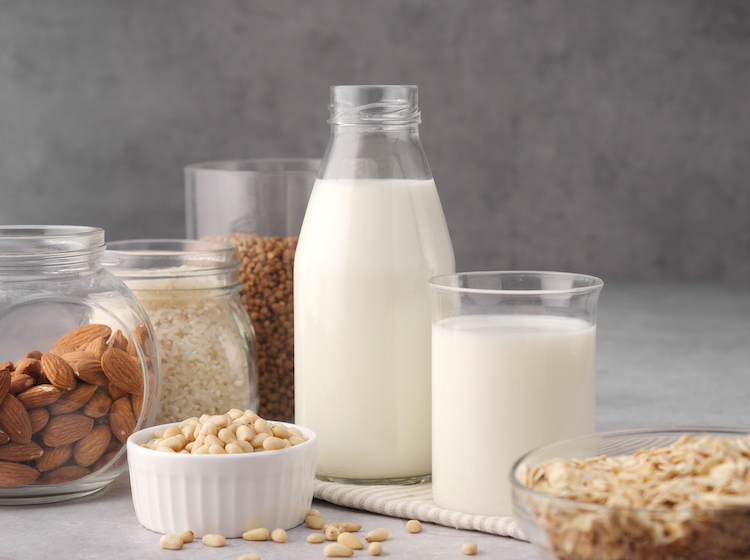
People choose to drink plant-based beverages for a variety of reasons. If they are making that decision based on perceived health benefits, new research further supports the fact that most plant-based beverages claiming to be milk simply do not pack the powerhouse punch of nutrients that real milk contains.
A team at the University of Minnesota School of Public Health Nutrition Center looked at 233 plant-based milk alternatives from 23 different manufacturers sold in the United States. For each product, the researchers looked at nutrition facts labels and ingredient information then used a nutrient calculation to estimate the full nutritional content for each product.
In results recently shared at the annual meeting of the American Society for Nutrition, they found that just 28 of the plant-based alternatives had calcium, Vitamin D, and protein levels similar to or higher than dairy milk. That was just 12% of the studied drinks.
The majority of the beverages in the study were derived from almonds, oats, or soy. In all, 170 of the milk alternatives were fortified with calcium and vitamin D to a level that was similar to dairy milk. Meanwhile, the protein level in these products varied greatly, and only 16% of the studied beverages had a protein level equal to or greater than what is found in cow’s milk. It was noted that the soy- and pea-based beverages were more likely to contain more protein.
“Our results provide evidence that many plant-based milk alternatives are not nutritionally equivalent to cow’s milk,” shared assistant professor Abigail Johnson about the results. “Based on these findings, consumers should look for plant-based milk alternative products that list calcium and vitamin D as ingredients. They may also want to consider adding other sources of calcium and vitamin D to their diets.”
Or, people could just stick with drinking dairy milk. Calcium and vitamin D are both identified as nutrients of public health concern for underconsumption in the 2023-2025 Dietary Guidelines for Americans, and research has proven that milk is a healthy source of these nutrients, along with protein.








